US companies, trade bodies find they like India, after all
Mon 17 Nov 2014
Agencies Washington, November 17, 2014 :After calling India an “international outlier” and a “bad actor”, US businesses and trade bodies are now slowly beginning to rediscover enthusiasm for it.But a full embrace, they insisted, would take more than the India-US Trade Facilitation Agreement (TFA) of last week and positive signals emanating from the country recently.
They want to see progress, for instance, on India’s Intellectual Property Rights (IPR) regime and “discriminatory” trade practices such as localised sourcing by foreign manufacturers.
“We are cautiously optimistic that the bilateral dialogue initiated by the two governments will lead to a measurable improvement in the intellectual property environment in India,” said Patrick Kilbride of the US chamber of commerce’s IPR centre, after the TFA announcement.The National Association of Manufacturers, a trade body that has been shrill in its criticism of India, said the TFA was a “valuable first step”. There is a “willingness by the new government (in India) to re-engage”, said the association’s Chris Moore, adding, “but we want to see concrete results.”These same bodies were baying for blood till a few month ago. “Cautious optimism” was not a phrase they would have used to define their view on India’s trade
policies.The US chamber of commerce asked the US Trade Representative (USTR) in February to designate India a “priority foreign country”, setting it up for punitive trade action.IP environment had deteriorated so rapidly in the recent months, the chamber told USTR, that India had become an “outlier in the international community”. “India is also a bad actor in multilateral negotiations,” it said.US businesses began to notice changes after the Narendra Modi-led government came into power. “There has been a renewed sense of optimism since his (Prime Minister Narendra Modi) election,” said Diane Farrell of the US-India Business Council.Farrell hosted Prime Minister Modi at a packed public event during his visit to the US in September, at which he pitched a new investor-friendly India.In fact, the pitch had begun before he left for the US, with an announcement that India will have a policy on IPR — as opposed to a bunch of rules in four months.After Modi’s meeting with US President Barack Obama, the two countries issued a joint statement that said they are committed to setting up a high-level IPR working group.Alliance for Free Trade with India, a trade body constituted in 2013 only to pressure India, said its membership felt encouraged, but “rhetoric must, however, translate into concrete action”.
policies.The US chamber of commerce asked the US Trade Representative (USTR) in February to designate India a “priority foreign country”, setting it up for punitive trade action.IP environment had deteriorated so rapidly in the recent months, the chamber told USTR, that India had become an “outlier in the international community”. “India is also a bad actor in multilateral negotiations,” it said.US businesses began to notice changes after the Narendra Modi-led government came into power. “There has been a renewed sense of optimism since his (Prime Minister Narendra Modi) election,” said Diane Farrell of the US-India Business Council.Farrell hosted Prime Minister Modi at a packed public event during his visit to the US in September, at which he pitched a new investor-friendly India.In fact, the pitch had begun before he left for the US, with an announcement that India will have a policy on IPR — as opposed to a bunch of rules in four months.After Modi’s meeting with US President Barack Obama, the two countries issued a joint statement that said they are committed to setting up a high-level IPR working group.Alliance for Free Trade with India, a trade body constituted in 2013 only to pressure India, said its membership felt encouraged, but “rhetoric must, however, translate into concrete action”.
No Comments For This Post, Be first to write a Comment.
Most viewed from Business
AIMIM News
Latest Urdu News
Most Viewed
May 26, 2020
Can Lionel Messi's visit boost Indian football?
Latest Videos View All
Like Us
Home
About Us
Advertise With Us
All Polls
Epaper Archives
Privacy Policy
Contact Us
Download Etemaad App
© 2025 Etemaad Daily News, All Rights Reserved.

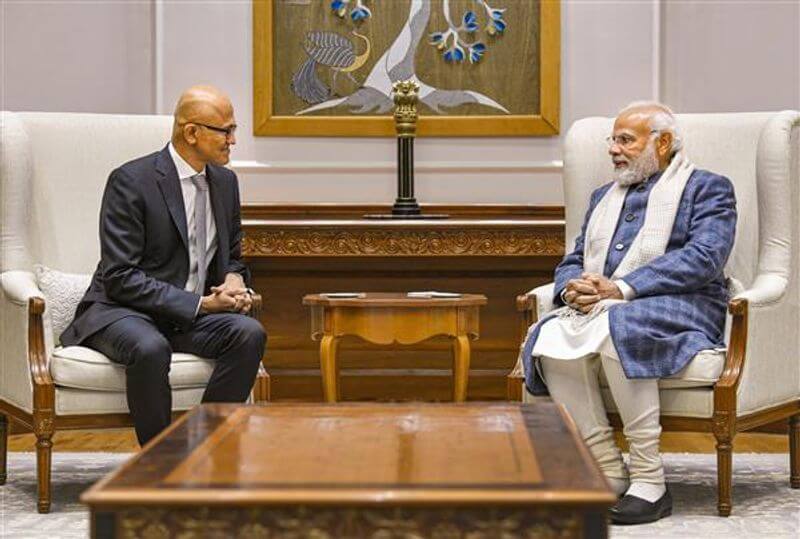
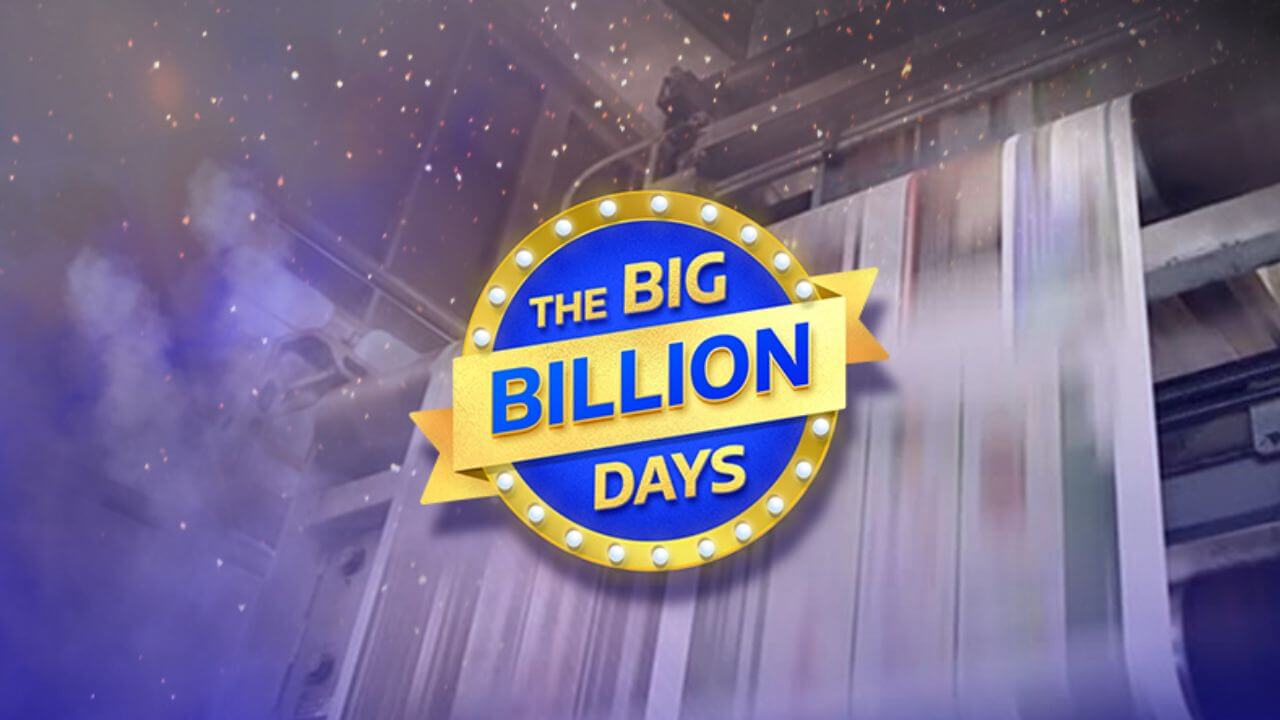
.jpg)
.jpg)
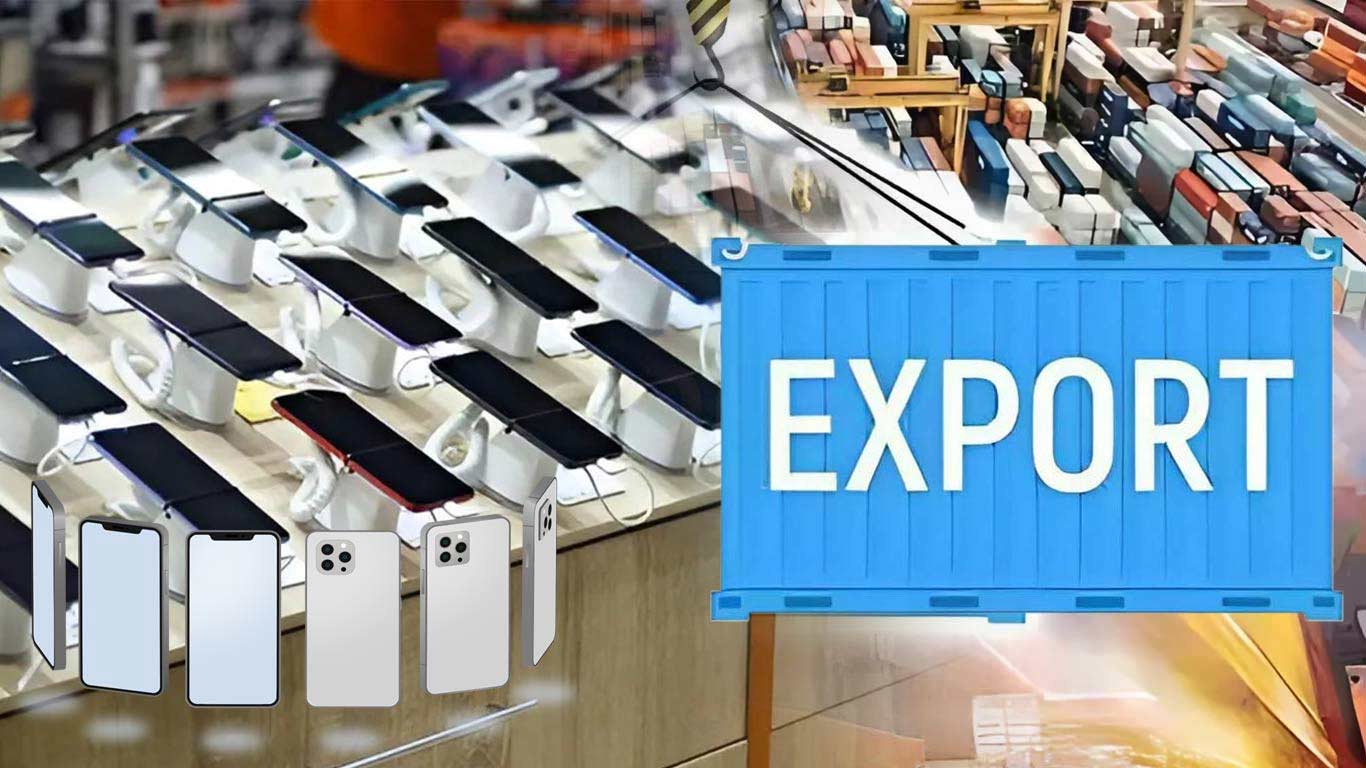

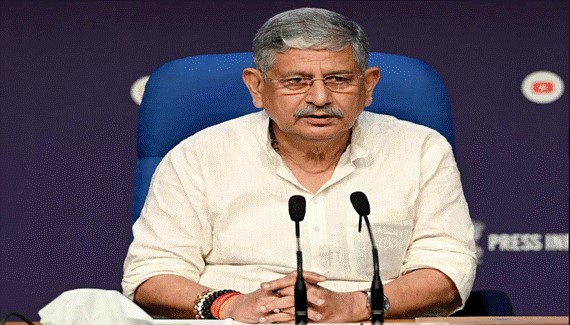
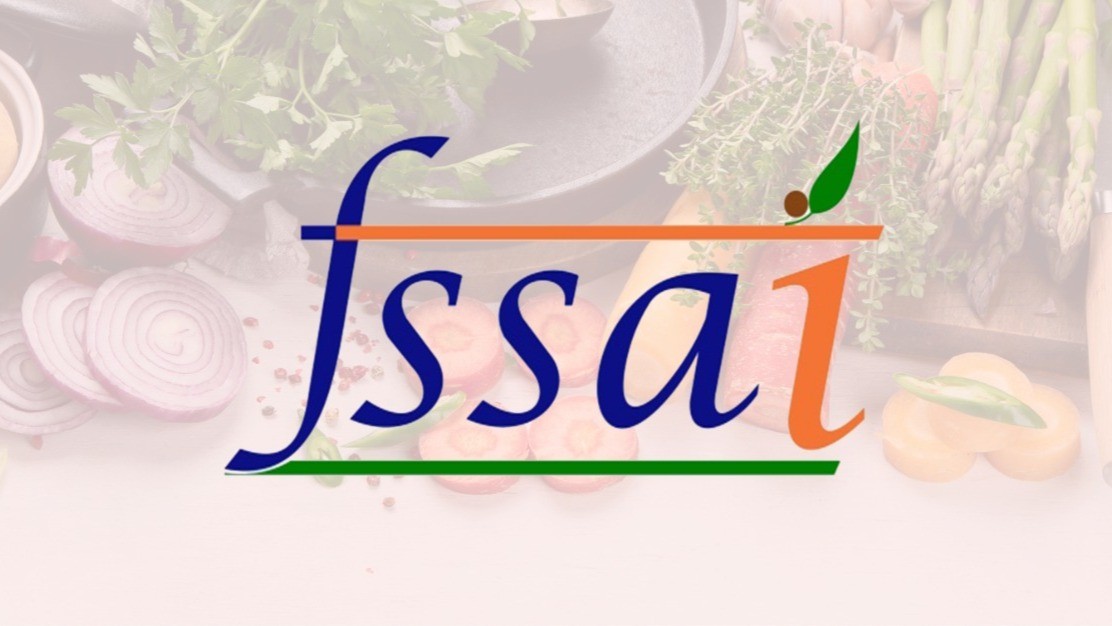
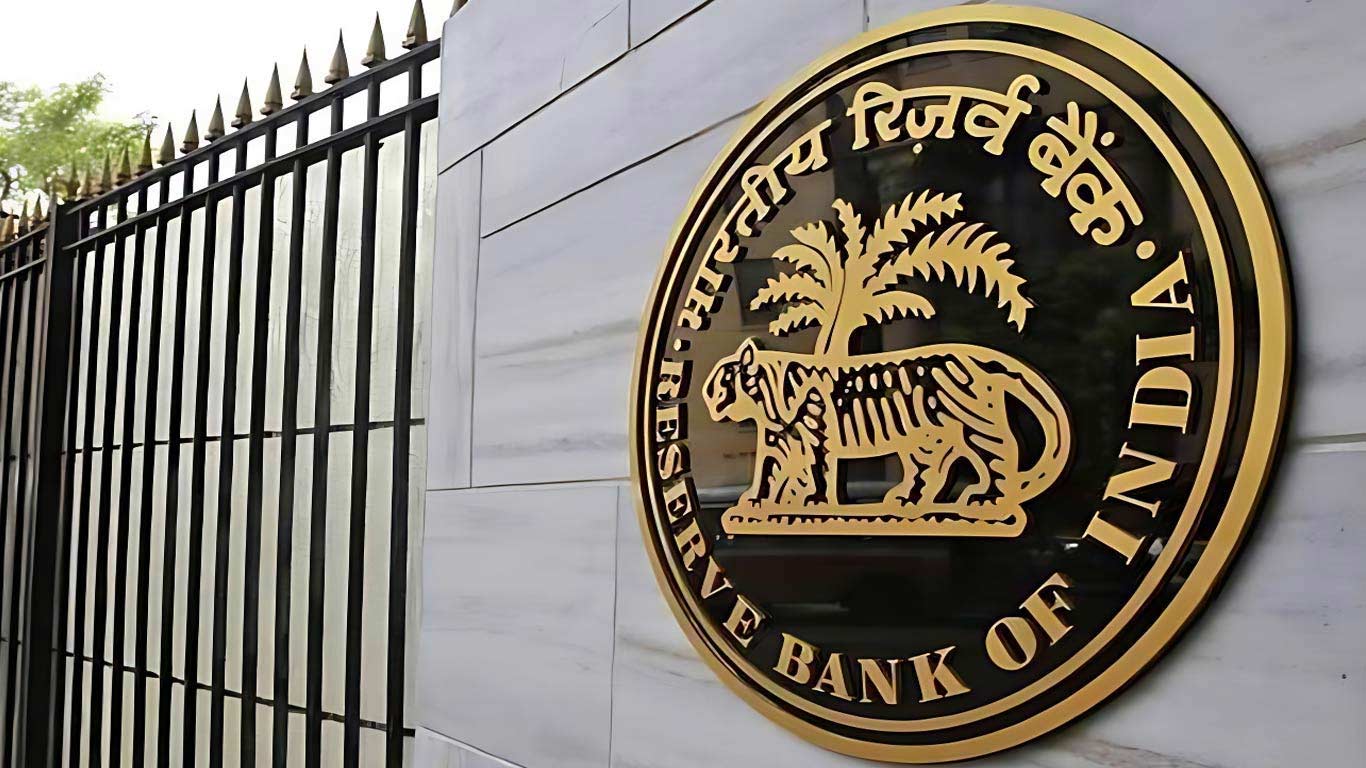

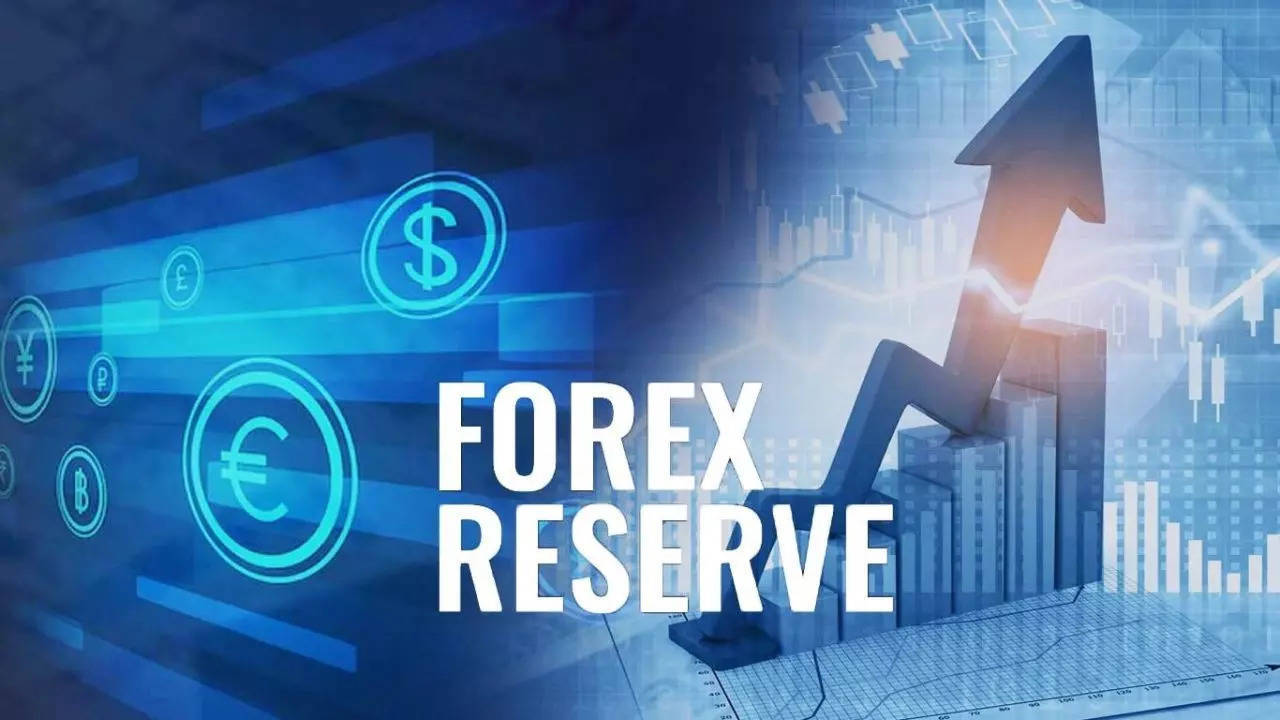
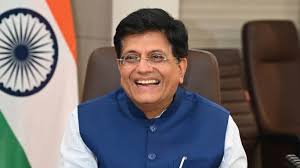











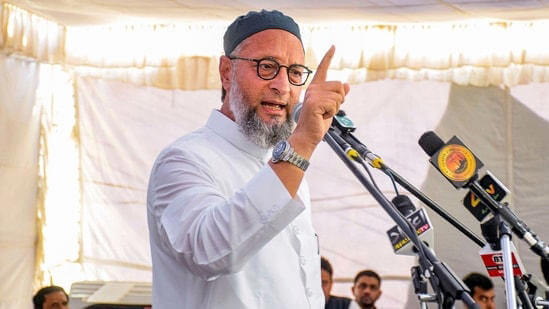
.jpg)
.jpg)
.jpg)


